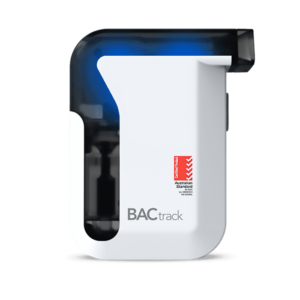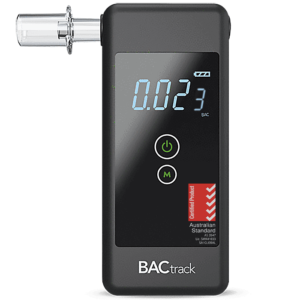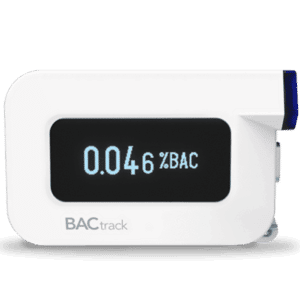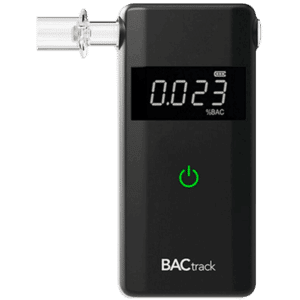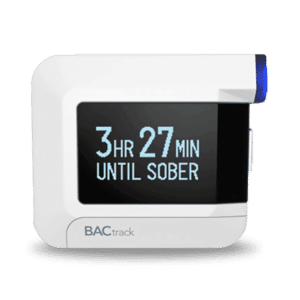Ethanol Test for Alcohol: The Need to Know
01 February, 2024

An ethanol testing for alcohol is a method that can determine the presence and levels of alcohol in the body. Blood Alcohol Concentration (BAC) levels are measurements that indicate how much alcohol is in the blood of the person. There are different types of ethanol tests, including breath, urine, blood, and saliva tests. Law enforcement agencies and healthcare professionals often use these tests to assess alcohol consumption and the potential impairment of an individual.
People around the world widely consume alcohol, a psychoactive substance commonly found in beverages like beer, wine, and spirits. However, excessive and prolonged alcohol use can have negative effects on both physical and mental health. These include liver damage, addiction, impaired judgment, and an increased risk of accidents and injuries. Therefore, road safety and workplace environments actively require alcohol testing. This article will provide information about ethanol testing, including the BAC levels and types of tests.
What is Ethanol Testing for Alcohol?
An ethanol testing for alcohol is a method that detects the presence of ethyl alcohol in a person. This test is beneficial in various settings. One example is employment alcohol testing, which allows employers to screen potential employees for alcohol consumption. The test is also used for medical purposes to monitor or diagnose patients who suffer from alcohol use disorders.
Additionally, alcohol tests are necessary for legal purposes as they can provide evidence of intoxication for alcohol-related offences. Also, it aids in the investigation of suspicious deaths where alcohol consumption may be a contributing factor. Legal ethanol testing can identify even traces of alcohol or alcohol metabolite in a sample. Hence, it is an invaluable tool for forensic investigations and legal proceedings.
Furthermore, alcohol tests are vital in emergency settings. It helps determine the symptoms of alcohol poisoning and other health risks. Another use is during post-accident investigations. Overall, the ethanol testing plays a crucial role in many fields. This includes workplace, law enforcement, and medical testing.
Importance of Testing for Alcohol Consumption
- Monitor individuals in substance abuse programs. It provides a means of accountability and helps to ensure compliance with treatment or legal mandates.
- Confirm the presence of ethanol in a blood, breath, or urine sample. It helps measure the level of alcohol in the body, which can be used as evidence in legal cases.
- Inform medical treatment decisions. This is especially true in cases where consuming excessive amounts of alcohol may severely impact the health of a patient.
- Assess fitness for tasks or responsibilities that require sobriety. This includes operating heavy machinery, driving a vehicle, or performing critical job functions.

Understanding BAC Levels for Ethanol Testing for Alcohol
Different BAC levels in ethanol testing for alcohol correlate with varying degrees of impairment. At lower levels, such as 0.02-0.04%, a person may experience mild effects of alcohol. These effects include relaxed behaviour and slight impairment in judgment and reaction time. Consequently, it can become unsafe to drive, significantly increasing the risk of motor vehicle accidents.
As the blood alcohol level rises to 0.05-0.08%, the effects of alcohol become increasingly noticeable. This level of impairment can result in slower reaction times, difficulty concentrating, poor judgment, and decreased coordination. These symptoms have a significant impact on the ability to drive or engage in other activities that require focus and coordination.
At higher levels, such as 0.08% or above, the effects of alcohol become increasingly serious. A person may experience significant impairment, including loss of balance, slurred speech, poor coordination, and a complete loss of judgment. In extreme cases, alcohol poisoning can occur. This life-threatening condition is caused by consuming large amounts of alcohol in a short period.
Legal Limits and Implications
In Australia, the legal BAC limit for drivers is 0.05%. For learner drivers and probationary licence holders, the legal limit is even lower at 0.00%. Both federal and state regulations enforce this limit to ensure road safety. If the BAC level of an individual is above the alcohol limit, they can face charges for drink driving.
Offenders may face fines, license suspension or cancellation, and in some cases, imprisonment. The exact consequences depend on various factors, such as the level of intoxicity and the number of offences. Therefore, individuals must make responsible decisions and avoid drink driving at all costs.
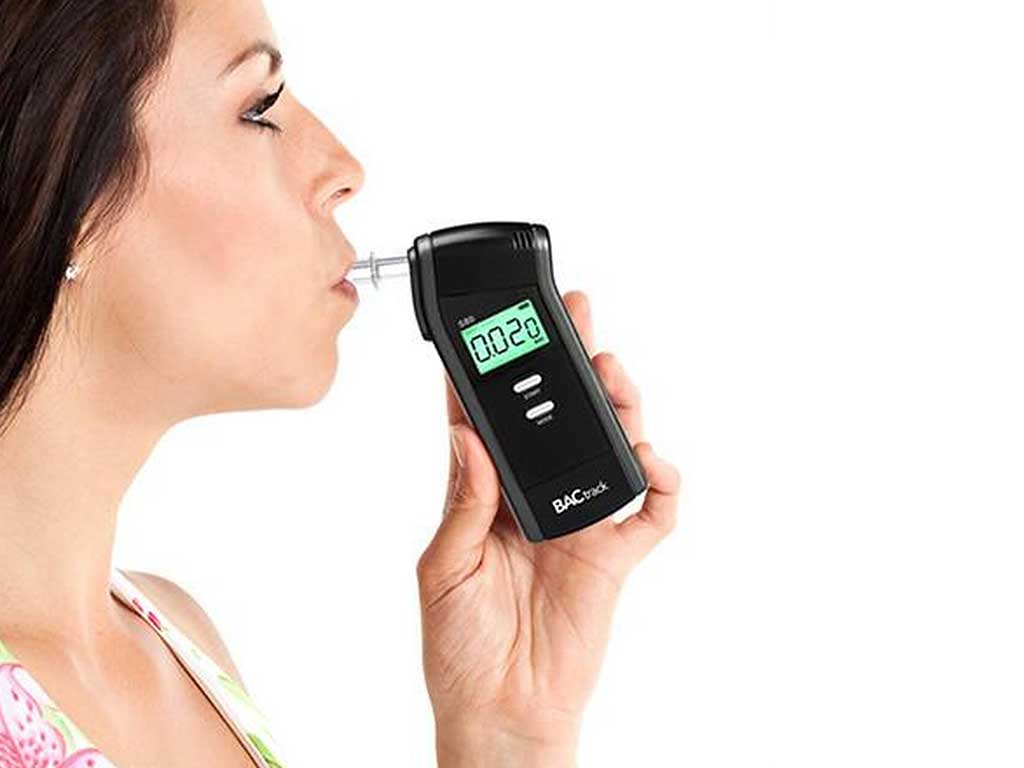
Types of Ethanol Testing for Alcohol
Several methods for ethanol testing for alcohol are available in a medical facility or laboratory. Moreover, people can buy testing kits or devices. One of the most common types is a breath test. It involves a breathalyser, an electronic device that measures the amount of alcohol in the exhaled breath.
Another method is the blood test, which directly measures the ethanol concentration in the blood sample. It is the most accurate method but is also the most invasive. Nevertheless, it is beneficial in legal procedures because manipulating the results is difficult.
Moreover, urine testing is non-invasive, provides ease of collection, and can detect a wide range of substances. Furthermore, saliva testing is a popular approach. It is also non-invasive, and it offers a convenient means of detecting recent alcohol use. However, it can only detect ethanol in saliva for about 12 hours. The choice of ethanol testing method depends on various factors such as the purpose of the test, accuracy requirements, and convenience.
Accuracy and Reliability
Ethanol testing is generally accurate and reliable. However, several factors can influence the results. Firstly, the quantity of alcoholic drinks consumed. The more alcohol a person takes or drinks, the higher the chances of a positive result. Secondly, the frequency of use can affect the test outcomes. Chronic alcohol users are more likely to have detectable blood ethanol levels.
Thirdly, the timing of the test is a factor. Taking the test too soon after consuming alcohol can yield a false, non-negative outcome. Lastly, the sensitivity and specificity of the testing method are also important. Therefore, laboratory testing may be necessary to confirm the results.
Conclusion
In conclusion, ethanol testing for alcohol is crucial for various purposes, including employment screening, medical diagnoses, and legal investigations. Different BAC levels indicate varying degrees of impairment. Mild effects occur at lower levels, while severe impairment can potentially lead to life-threatening risks at higher levels. Understanding these levels is vital for ensuring safety in activities like driving. Ethanol testing serves as a valuable tool across different fields, contributing to public safety and well-being.
Various ethanol testing methods, including breath, urine, blood, and saliva tests, cater to different needs. While urine tests are non-invasive and convenient, blood tests offer the highest accuracy, especially in legal contexts. Accuracy relies on factors like drink quantity, frequency of use, and test timing. Despite these considerations, ethanol testing is generally reliable. Confirmatory laboratory testing may be necessary for precise results. Choosing the right method depends on the specific purpose and accuracy requirements.


















